241 GPTs for Nutritional Analysis Powered by AI for Free of 2026
AI GPTs for Nutritional Analysis are advanced tools designed to leverage the capabilities of Generative Pre-trained Transformers in the field of nutrition. These tools analyze, predict, and provide insights related to dietary patterns, nutrient composition, and food intake. They are integral in offering personalized dietary recommendations, understanding nutritional content, and aiding in research and development within the nutritional science domain. Their role is pivotal in transforming data into actionable, user-friendly information for various stakeholders.
Top 10 GPTs for Nutritional Analysis are: Calorie tracker,NutriCheck,Nutrition GPT,Healthy Chef 👉🏼 With Images,Food Nutrients,🥒 Nutri-Check: Meal Analyzer & Diet Optimizer,Intermittent Fasting GPT,Recipe Editor,FITGPT🏋🏻♂️🍎,Calories Calculator
Calorie tracker
Smart AI-Powered Diet Companion
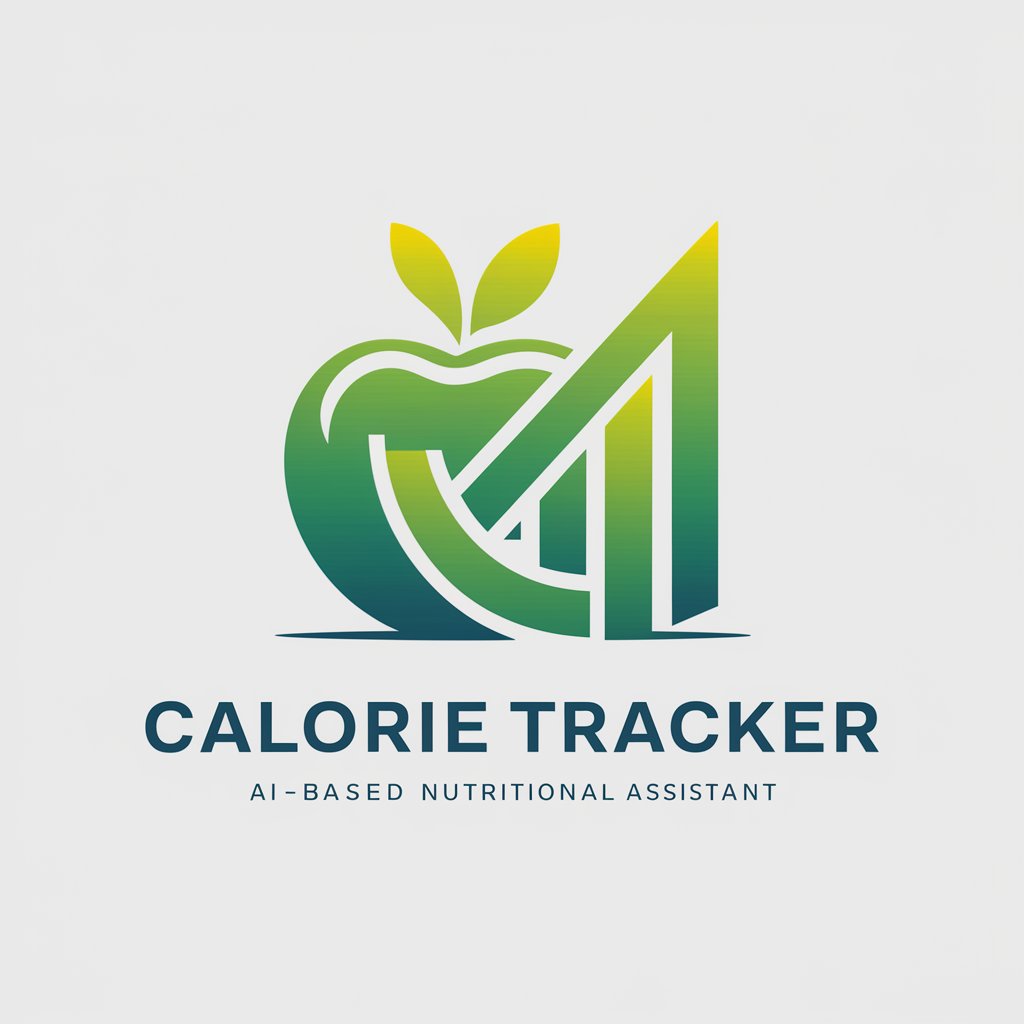
NutriCheck
AI-powered Nutritional Insight at Your Fingertips
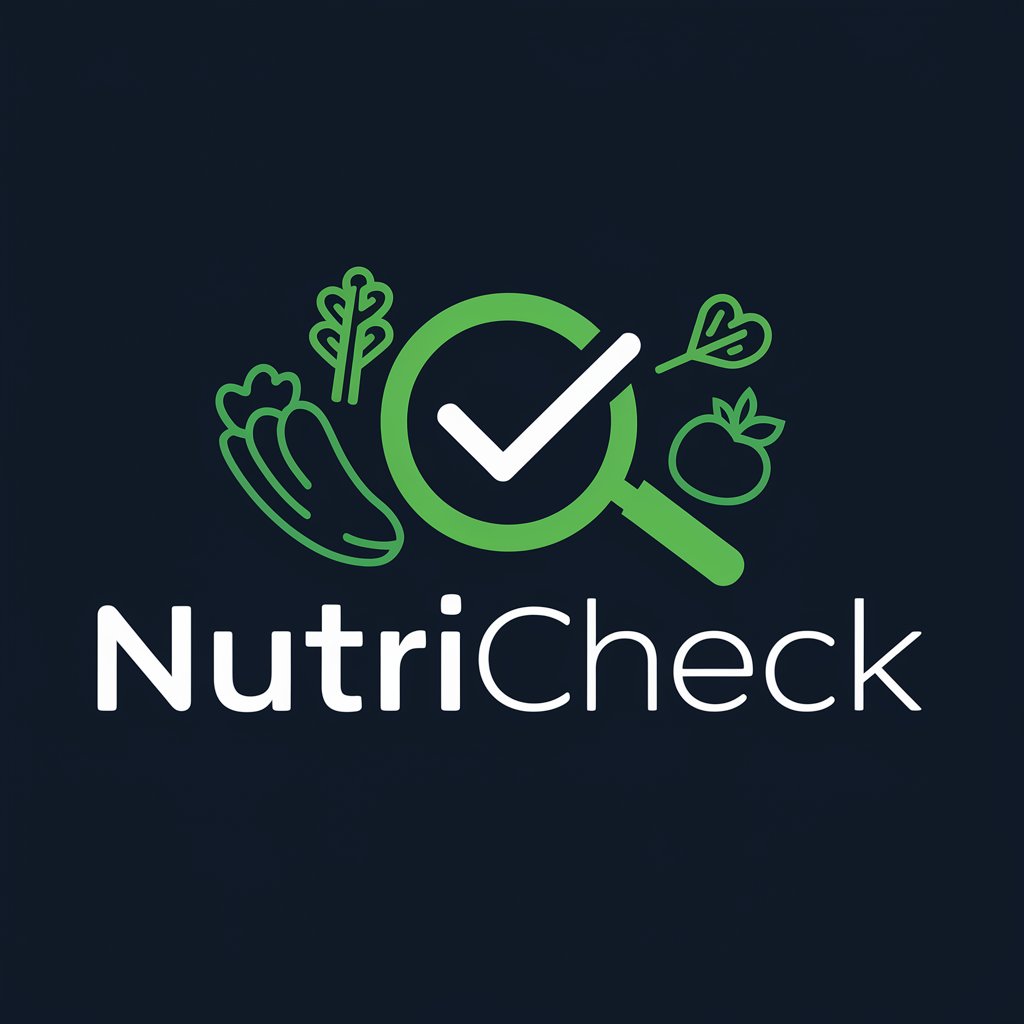
Nutrition GPT
Empower Your Diet with AI
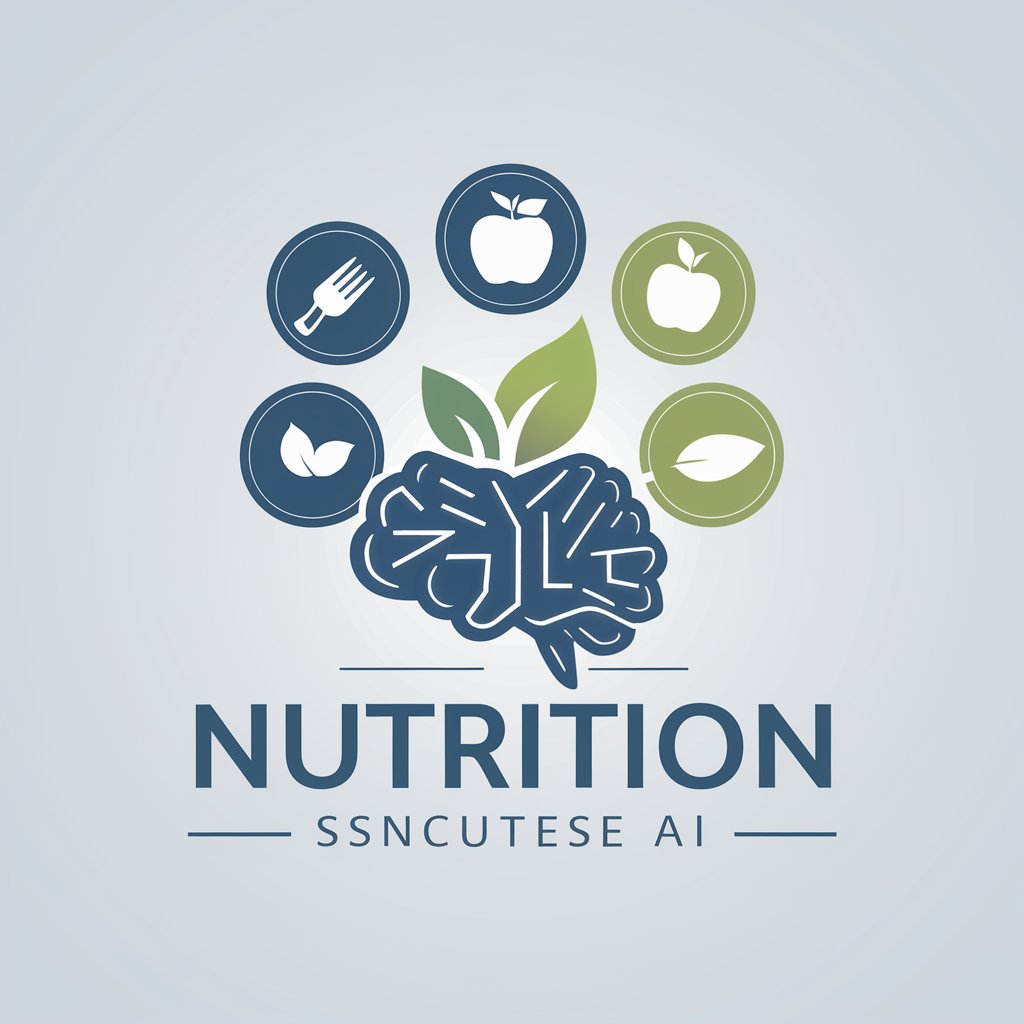
Healthy Chef 👉🏼 With Images
Visualize your next meal with AI

Food Nutrients
AI-powered nutrition insights for healthier choices.

🥒 Nutri-Check: Meal Analyzer & Diet Optimizer
Optimize Your Diet with AI
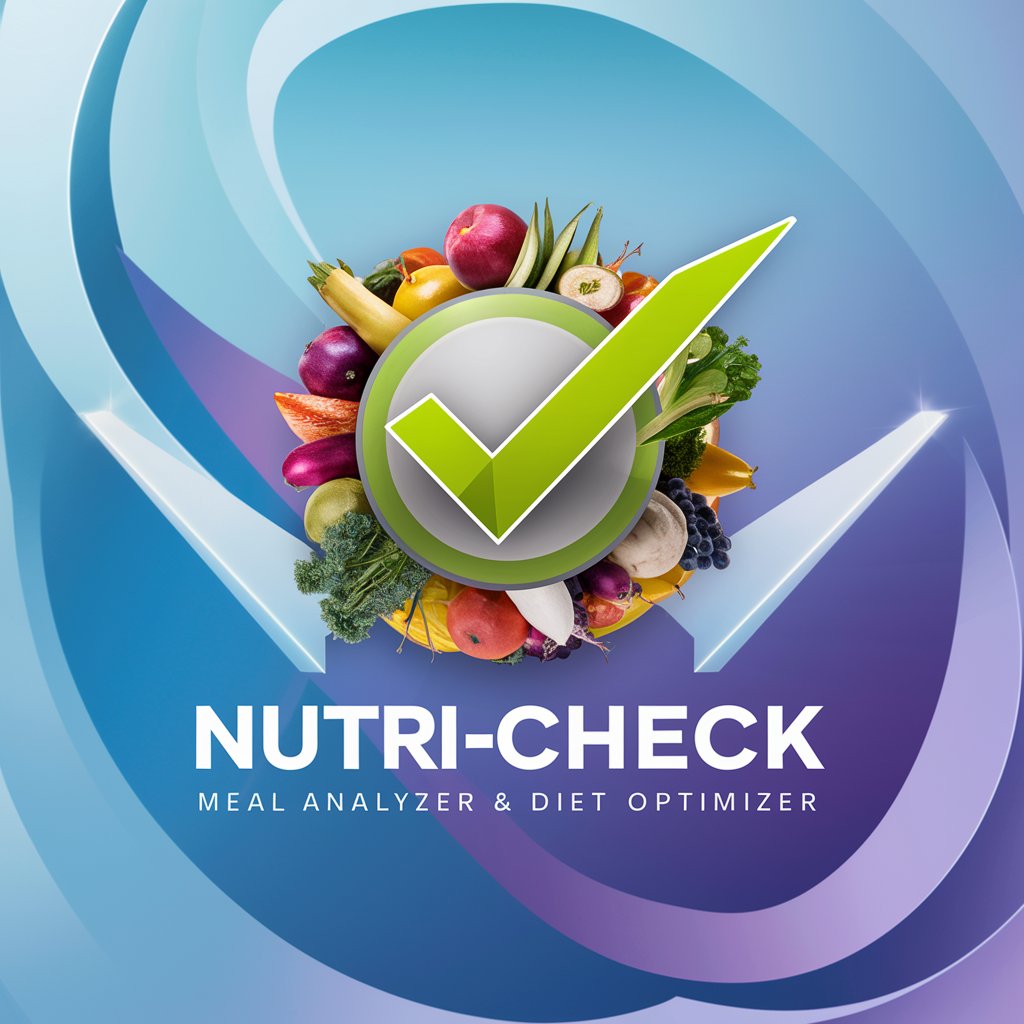
Intermittent Fasting GPT
Tailored Fasting Guidance at Your Fingertips
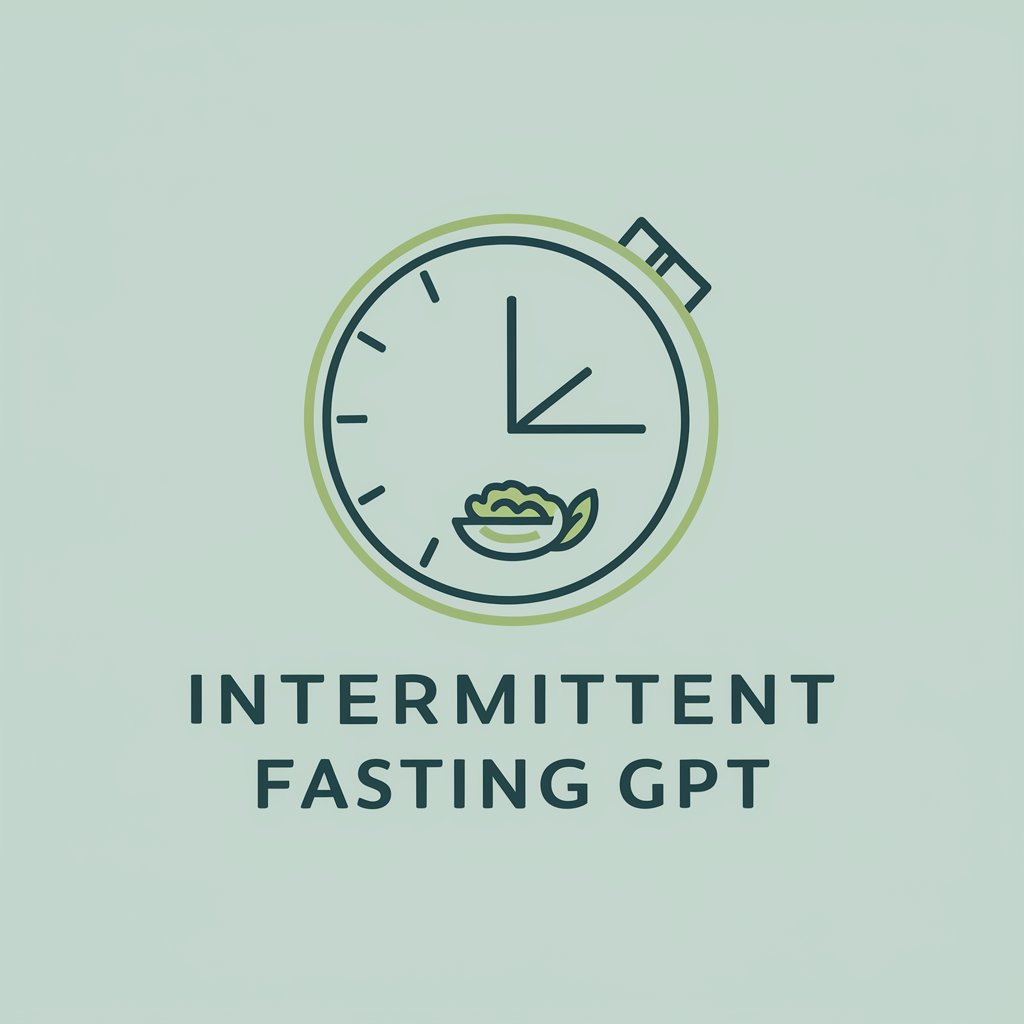
Recipe Editor
AI-Powered Recipe Refinement Tool
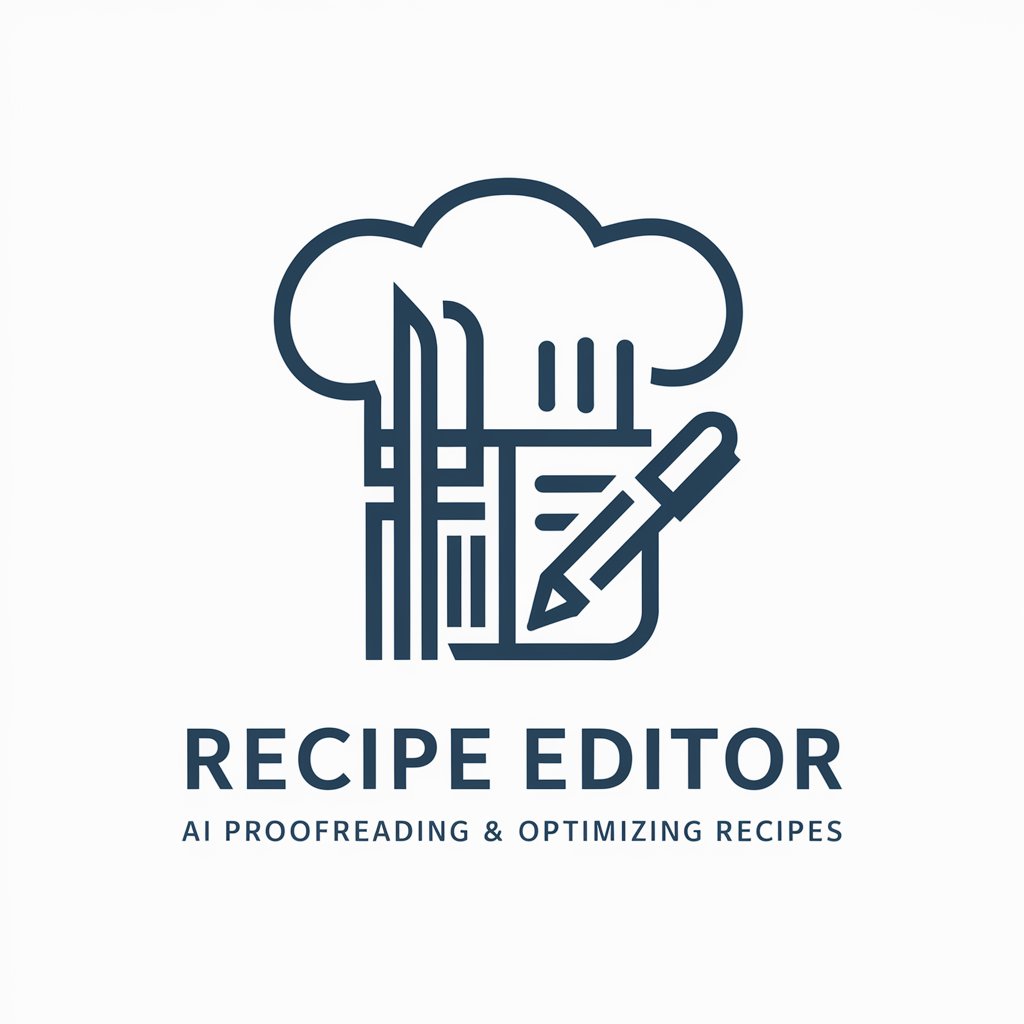
FITGPT🏋🏻♂️🍎
Empowering Your Health Journey with AI
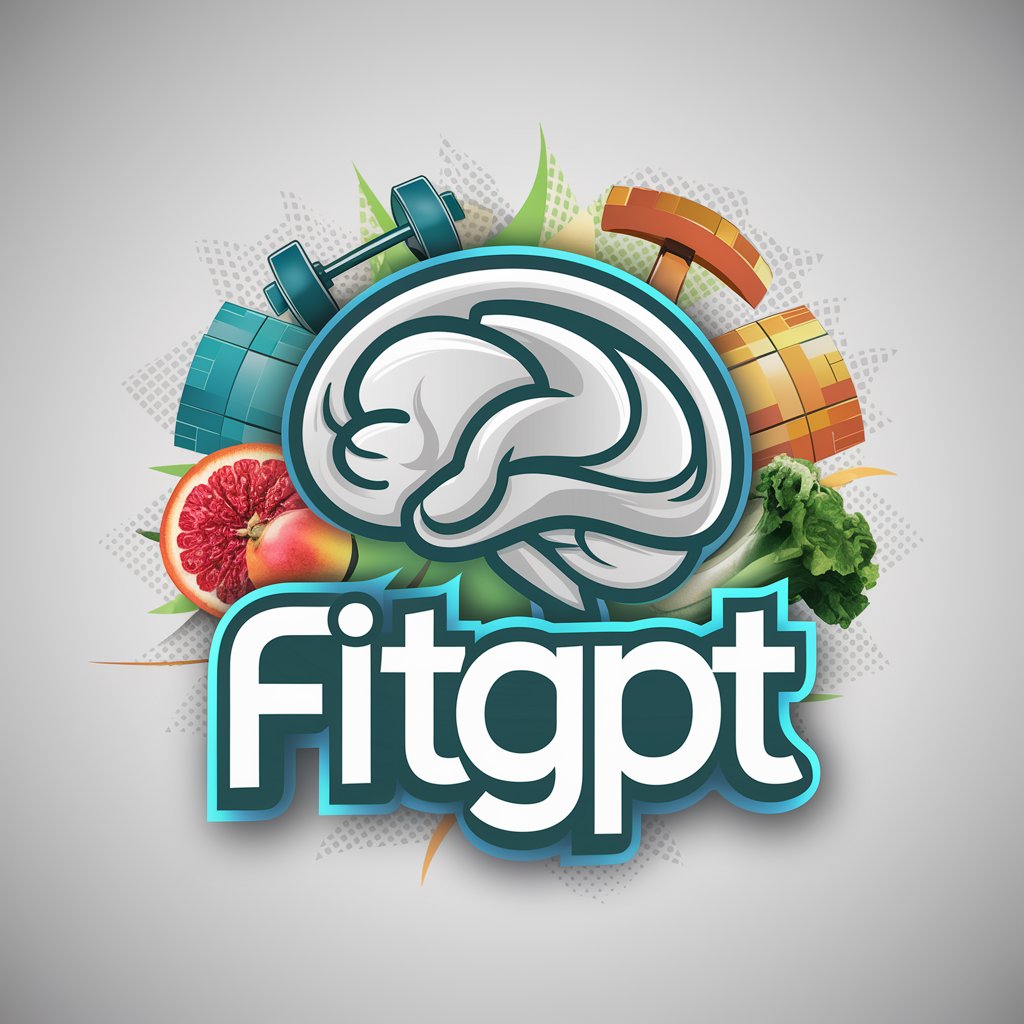
Calories Calculator
Discover What's on Your Plate with AI-Powered Analysis
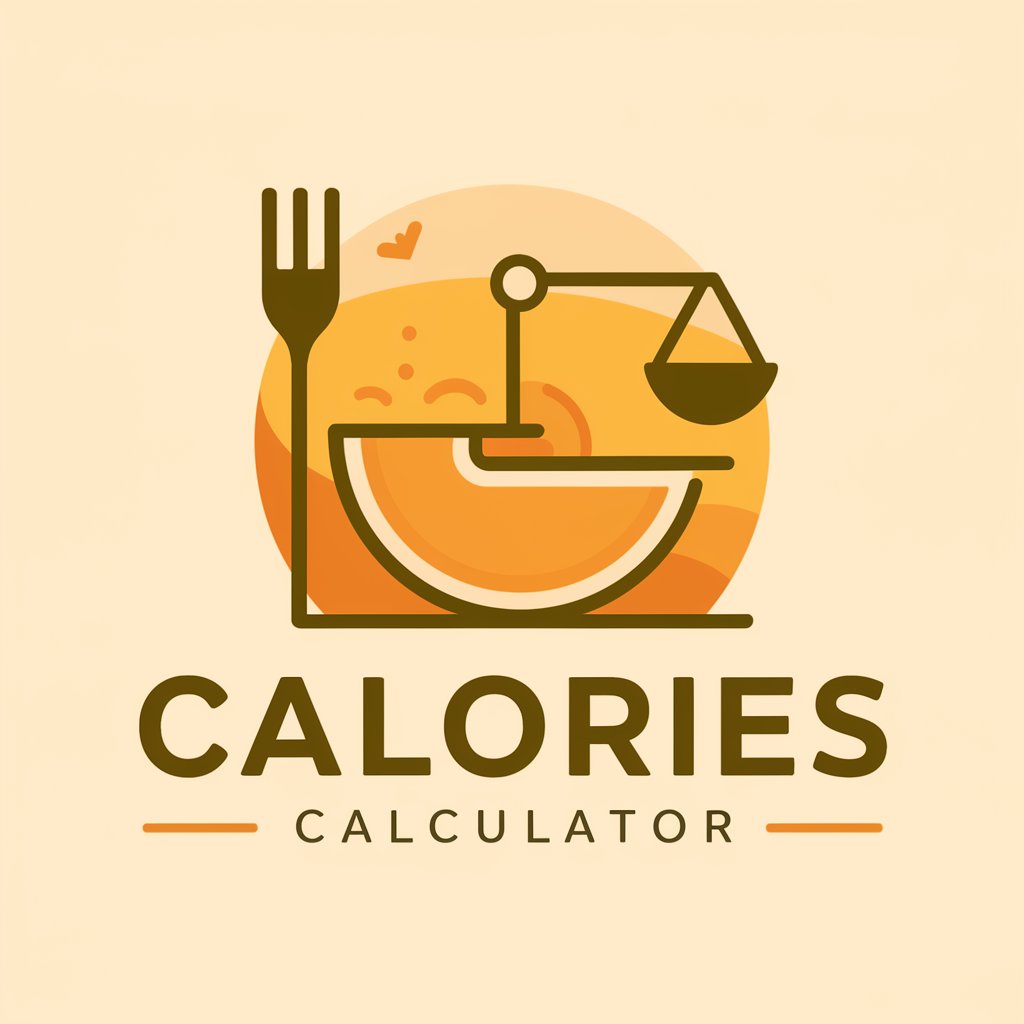
🍽️Calorie-GPT
Effortlessly Analyze Your Meal's Nutrition
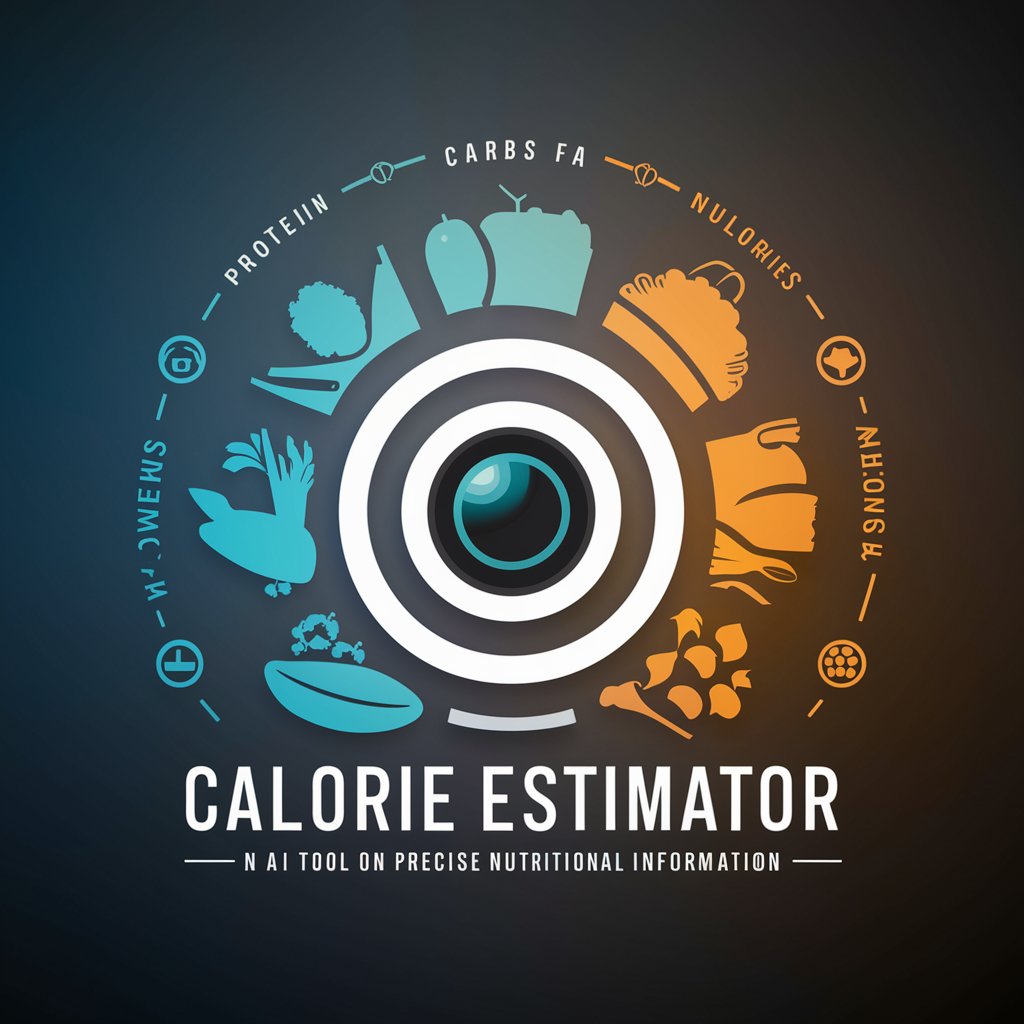
Doktor Analiz
Empowering health with AI-driven nutritional insights.
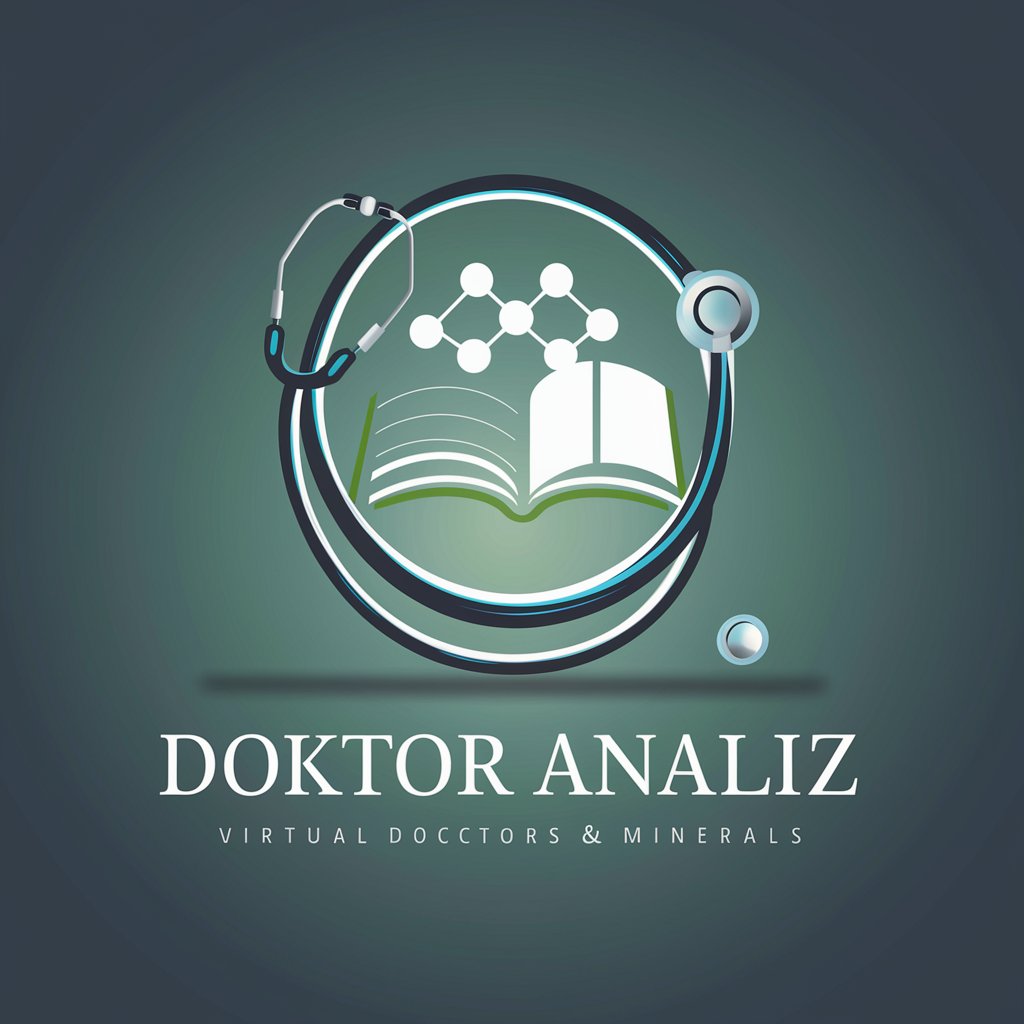
Chef Raw-E's Editor
Enhance recipes with AI-powered editing.
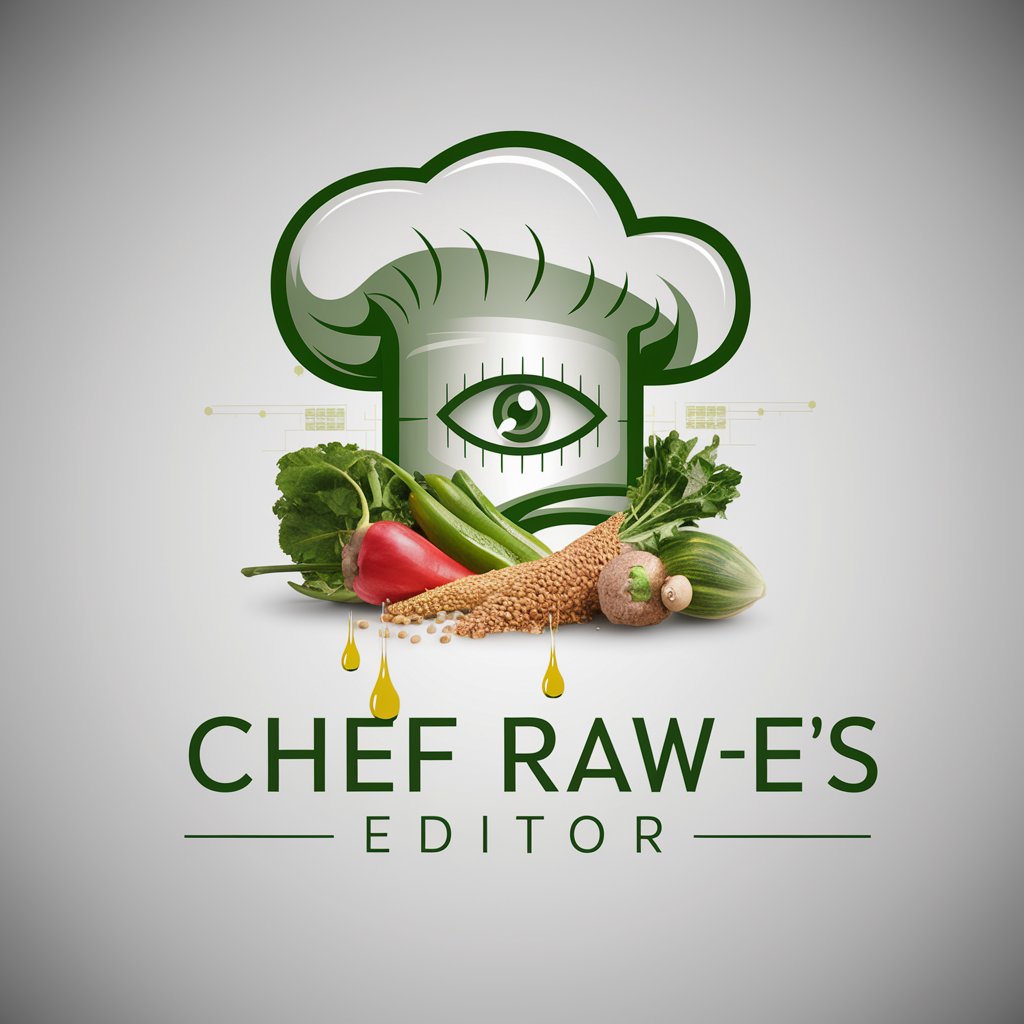
Kaloria
AI-Powered Nutrition Tailored Just for You
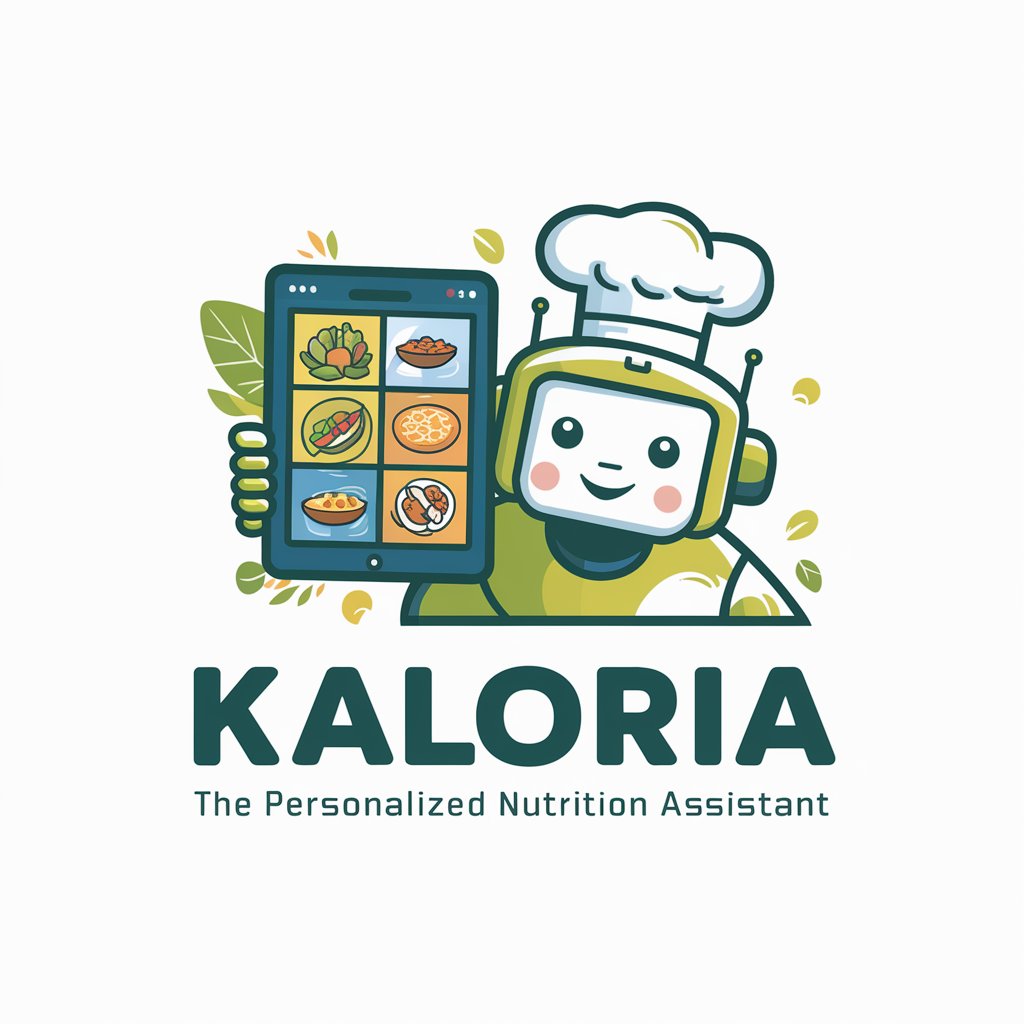
Egészségőr
Smart AI for Your Dietary Journey
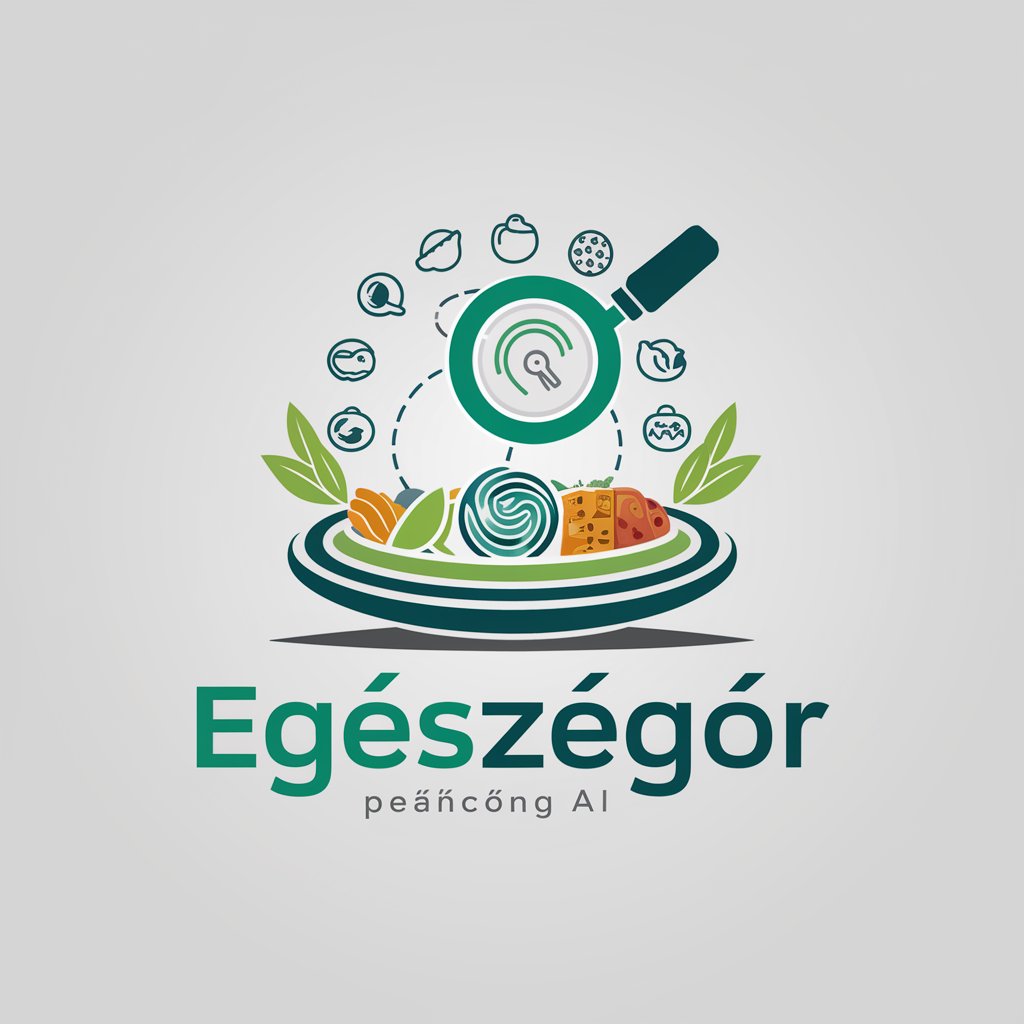
Your Healthiest App
Empowering Healthier Eating with AI
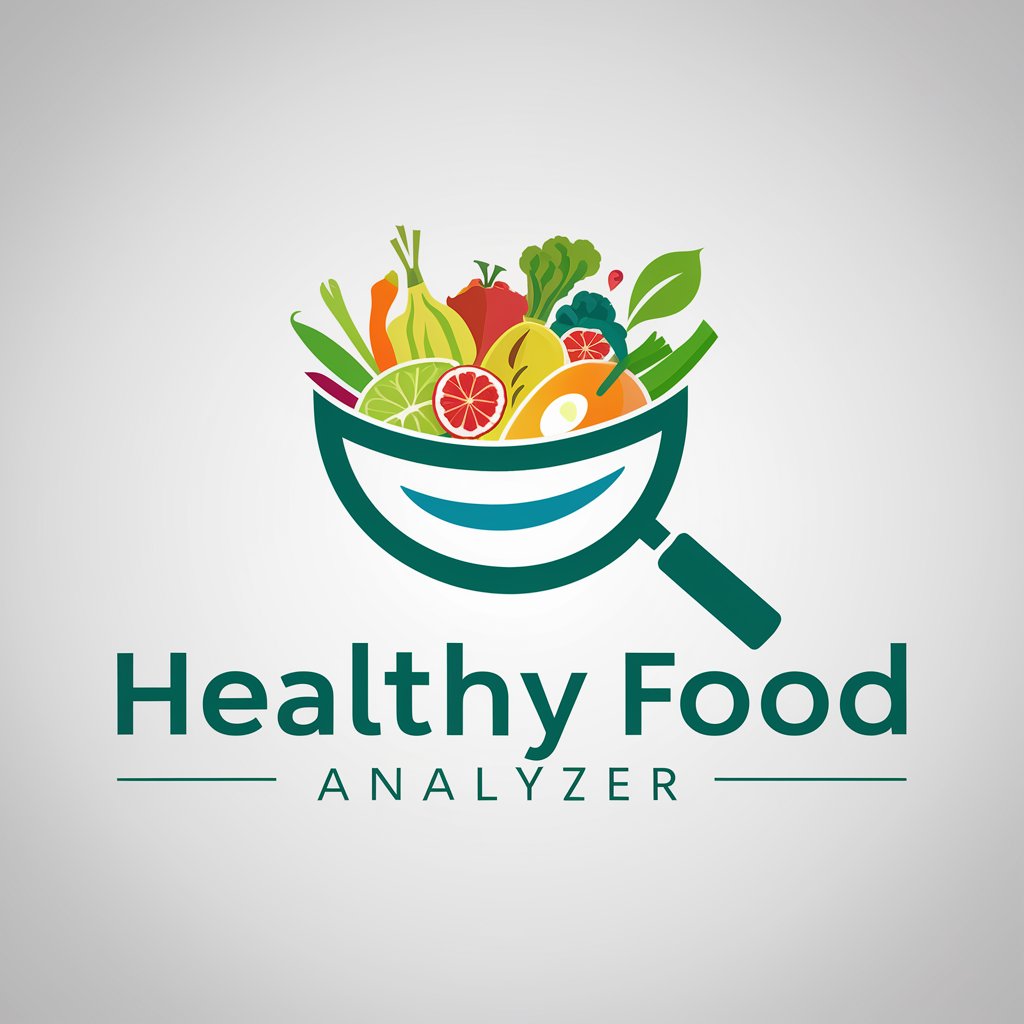
Nutri Coach Fit & Healthy GPT
AI-powered Personal Nutrition Coach
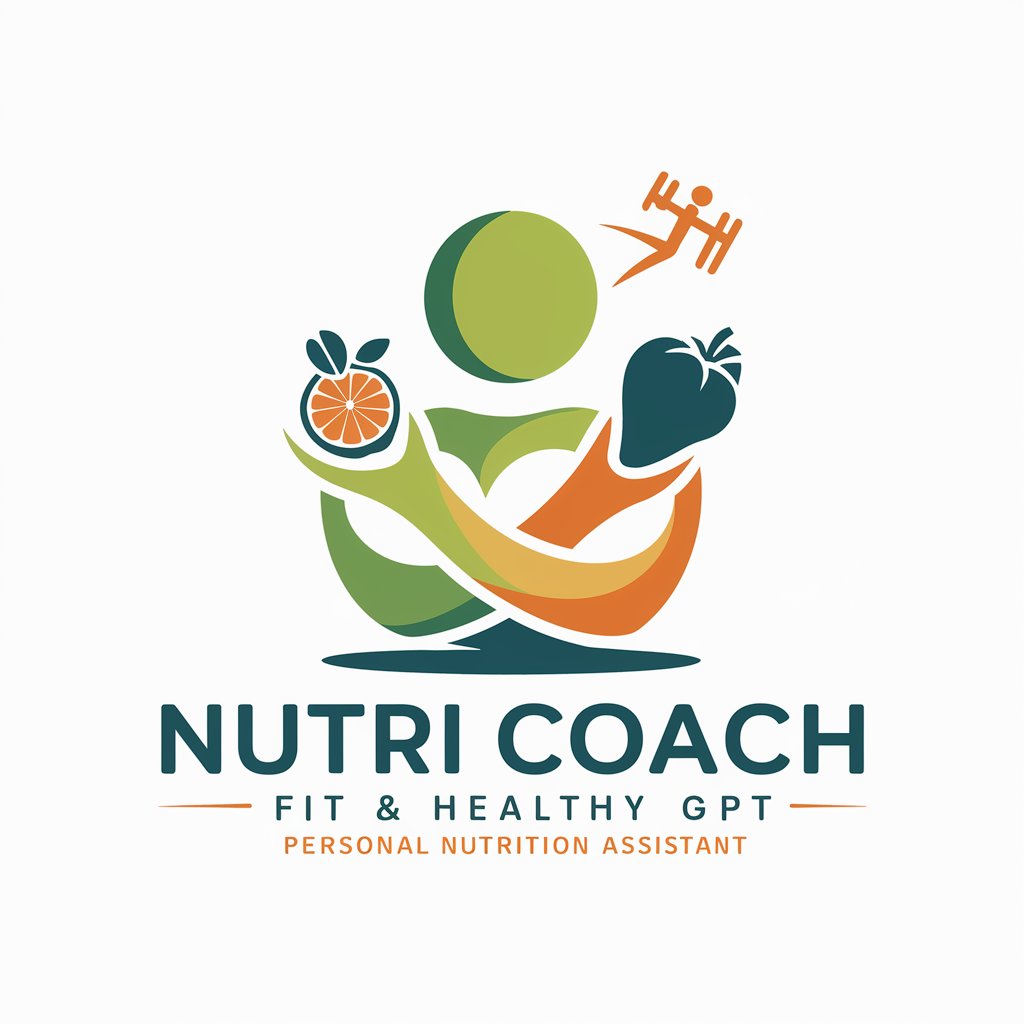
Nutri Vision
Your AI-Powered Nutritional Eye
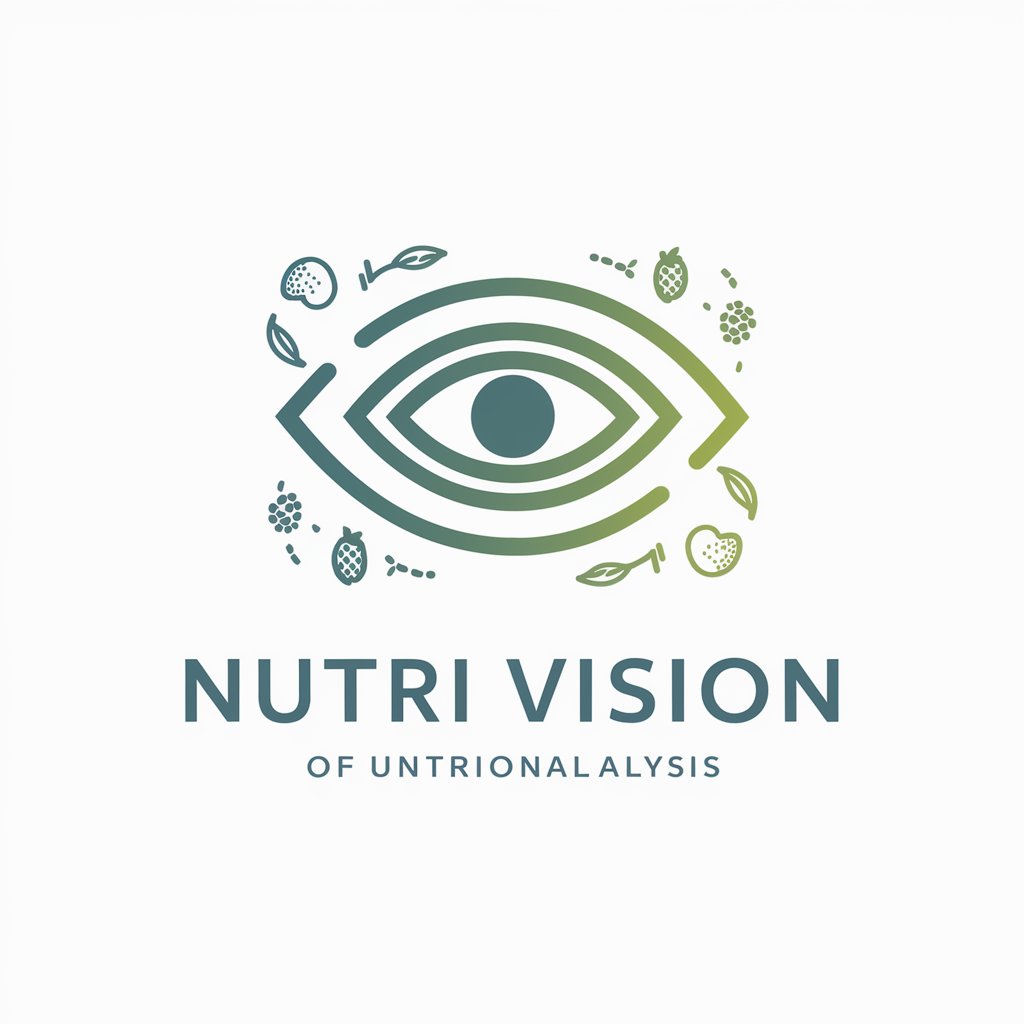
SeeFood - Scan your food
Smart Nutrition at Your Fingertips
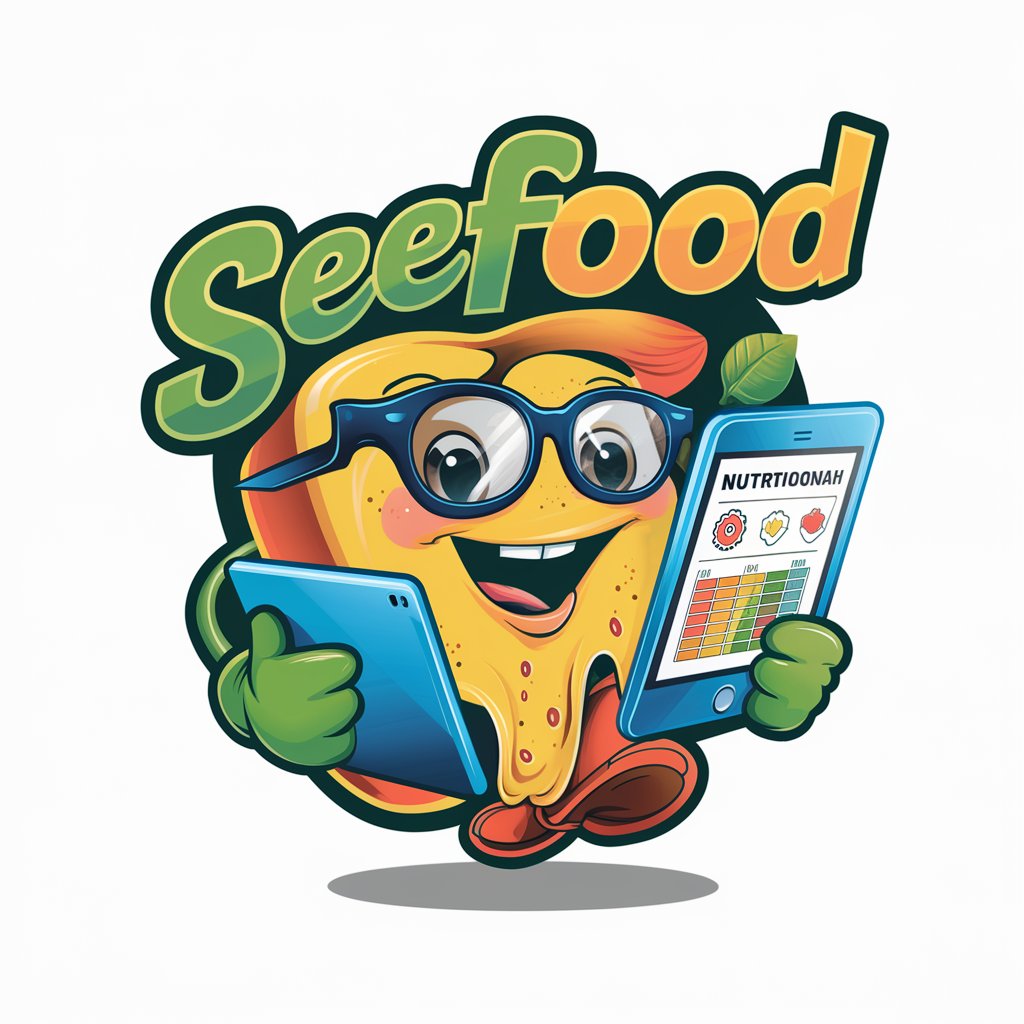
Fatty Liver Advisor
Empowering NAFLD management with AI insights.
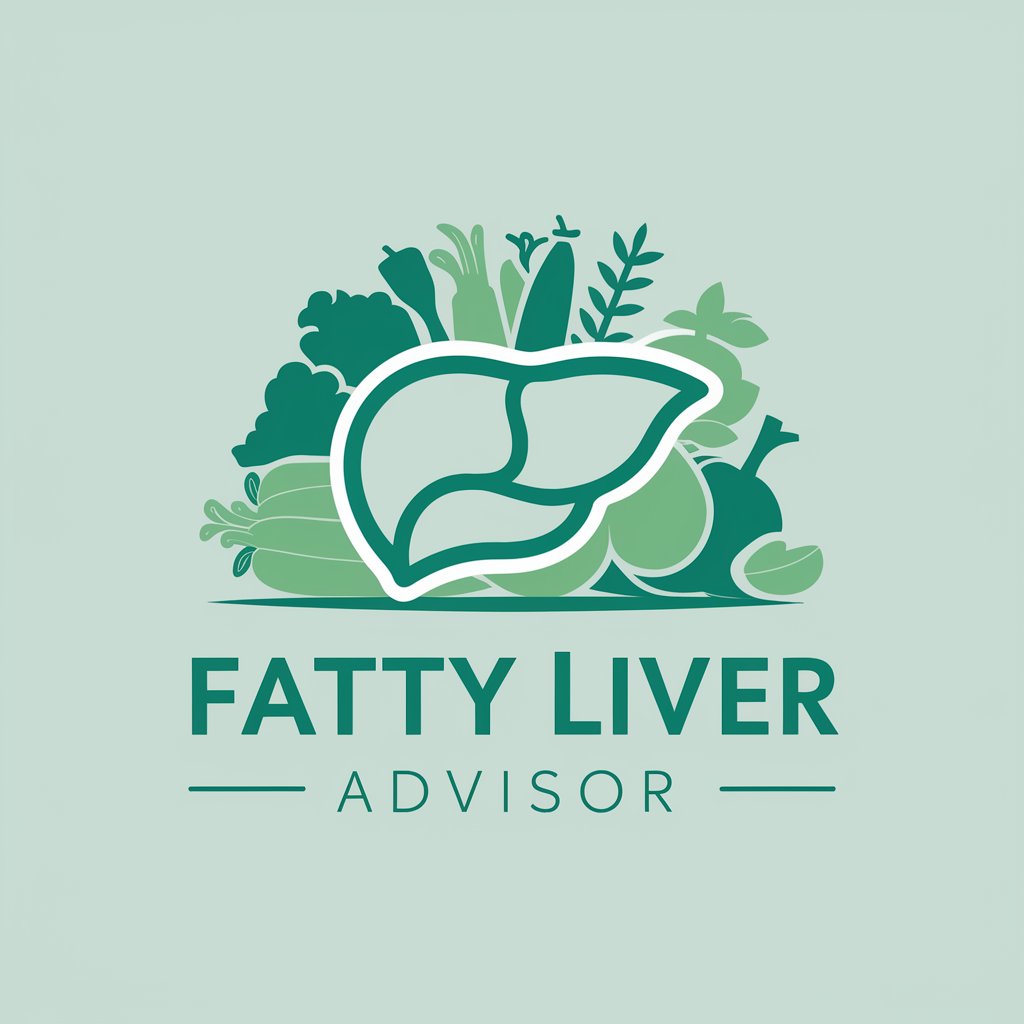
How Many Calories?
Smart, AI-Powered Calorie Tracking
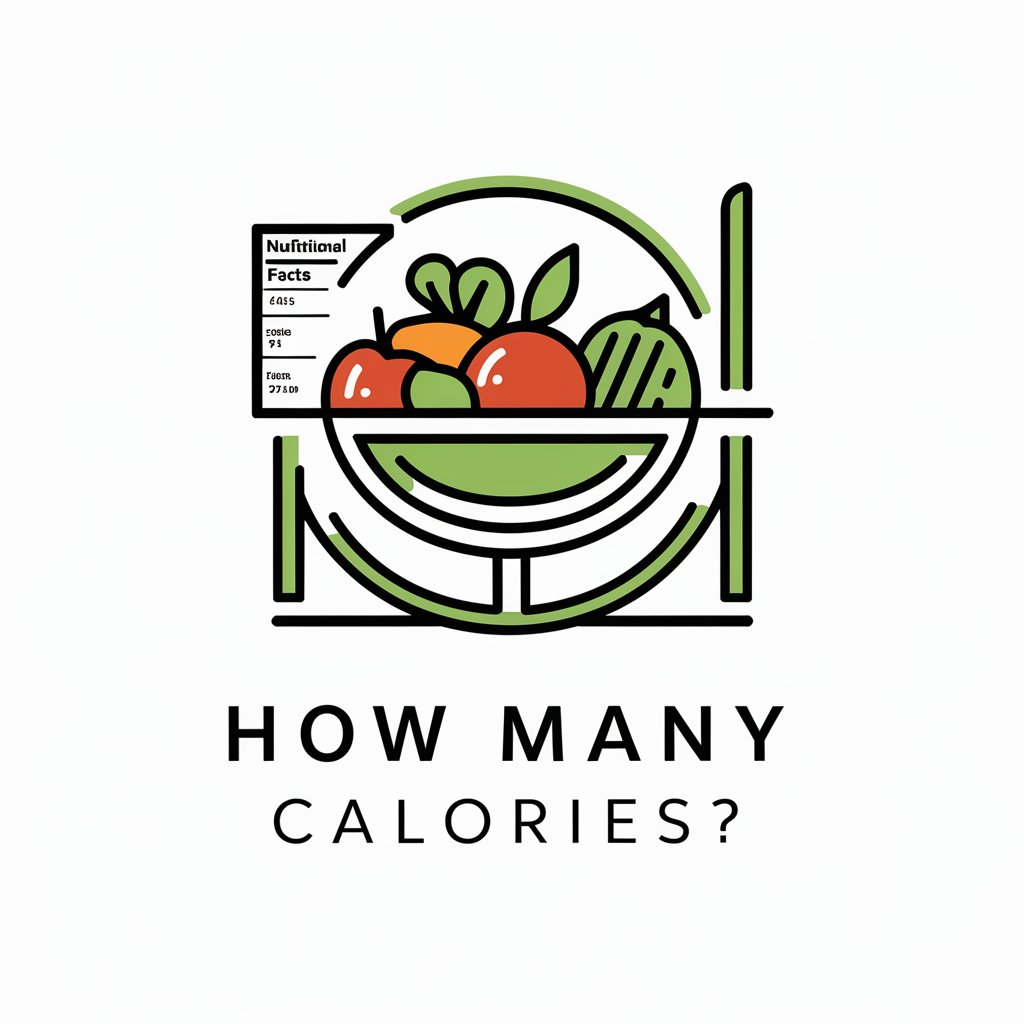
Food Scientist
Empowering Culinary Creativity with AI
Ingredient GPT
Decipher Ingredients, Elevate Health
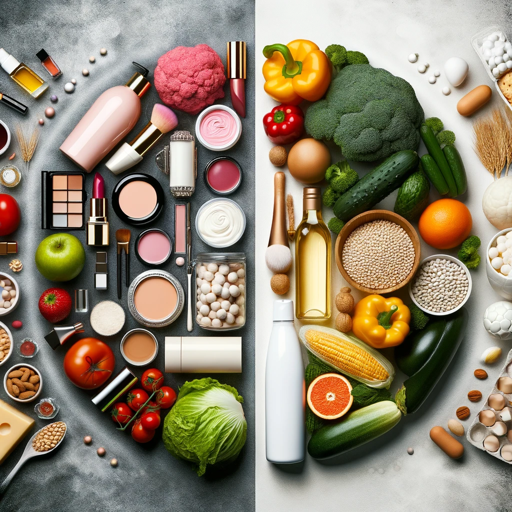
Key Attributes of Nutritional Analysis AI
These GPTs boast adaptability, allowing for functions ranging from simple dietary tracking to complex nutritional research. Key features include natural language processing for understanding dietary logs, image recognition for food identification, data analysis for nutrient breakdown, and predictive modeling for dietary recommendations. The integration of web search and technical support enhances their capability to access and disseminate a wide range of nutritional information.
Who Benefits from Nutritional AI Tools
These tools serve a diverse audience, including nutrition enthusiasts, dietitians, health professionals, and food researchers. They are user-friendly for non-coders, offering intuitive interfaces and easy-to-understand outputs. Simultaneously, they provide customization and deeper analytical features for tech-savvy users and professionals, making them versatile tools in the nutritional field.
Try Our other AI GPTs tools for Free
Journal Article Refinement
Explore AI GPTs for Journal Article Refinement: Tailored AI solutions enhancing the quality and efficiency of academic publishing, accessible to both novices and professionals.
Research Paper Editing
Discover AI GPTs for Research Paper Editing: innovative tools designed to refine and enhance academic writing, ensuring precision and adherence to scholarly standards.
Scholarly Manuscript Enhancement
Discover AI GPTs for Scholarly Manuscript Enhancement – advanced tools revolutionizing academic writing and research, designed for simplicity and versatility to cater to both novices and professionals.
Thesis and Dissertation Proofreading
Discover AI GPT tools for Thesis and Dissertation Proofreading - your AI-powered partner for enhancing academic writing. Tailored, efficient, and intuitive, these tools ensure your scholarly work meets the highest standards.
悬疑冒险体验
Explore the world of mystery and adventure with AI GPTs, offering immersive storytelling, interactive experiences, and user-friendly tools for all, from enthusiasts to professionals.
角色扮演游戏
Explore AI GPTs for RPGs – your gateway to advanced, AI-driven tools enhancing role-playing game experiences with dynamic storytelling, character development, and more.
Broader Applications and User-Friendly Design
AI GPTs in nutritional analysis extend beyond individual dietary tracking to influence public health policies, food industry practices, and academic research. Their intuitive design ensures ease of use, while their adaptability allows for seamless integration into diverse workflows and systems, making them invaluable tools across sectors.
Frequently Asked Questions
What basic functions do AI GPTs for Nutritional Analysis provide?
They offer dietary tracking, nutrient analysis, and personalized diet recommendations based on natural language inputs and image data.
Can non-technical users easily operate these tools?
Yes, they are designed with user-friendly interfaces that require no coding skills for basic operations.
Are there advanced features for professional use?
Absolutely. They offer detailed nutritional data analysis, integration capabilities with existing systems, and customizable modules for research purposes.
Do these tools include language learning capabilities?
Yes, they can interpret and respond to various language inputs, making them accessible to a global audience.
Can these GPTs tools integrate with other software?
Yes, they are designed to be compatible with various platforms and can integrate with existing health and nutrition software.
Do they support image-based food recognition?
Yes, they can analyze and identify food items from images, assisting in accurate nutritional breakdowns.
How do these tools assist in dietary planning?
They analyze personal dietary habits, nutritional needs, and food preferences to generate customized diet plans.
Can these GPTs predict future dietary trends?
They utilize data analysis and predictive modeling to forecast future trends in dietary habits and nutrition.